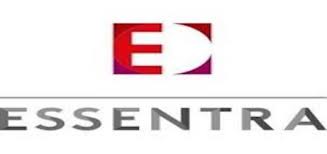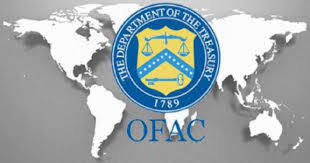2020 OFAC Sanctions Enforcement Year in Review (Part I of II)

The pandemic and its impact is the story of 2020 – no doubt. Federal prosecutors and regulatory enforcement agencies faced unprecedented challenges.
In the face of these challenges, however, enforcement almost across the board continued with some significant exceptions relating to individual criminal enforcement. Prosecutors faced almost impossible obstacles to convening grand juries and conducting court proceedings while the deadly pandemic raged.
Despite the challenges facing OFAC during the pandemic and the strain on resources, OFAC continued its dogged commitment to sanctions enforcement. While the numbers racked up by OFAC were lower because of the pandemic, OFAC later in the year resumed its aggressive pace of sanctions enforcement. It even released two enforcement actions during the week between Christmas and New Year’s.
OFAC is poised to have a big enforcement year in 2021. With the transition to the Biden Administration, economic sanctions enforcement is very likely to increase eve more, especially with respect to Russia sanctions. The devastating cyber-attack launched by Russia will be one of the first items on the Biden Administration agenda and a strong response tightening economic sanctions is very likely to be at the top of the list.
The OFAC enforcement headline is very clear – Much More to Come!

At the same time, OFAC has emphasized the importance of its 2019 Sanctions Compliance Guidance and has issued specific guidance on vessel due diligence and supply chain management involving energy commodities.
The Iran Sanctions Program is likely to continue unabated unless and until there is some major breakthrough in nuclear controls. Venezuela and North Korea will continue to fall under strict sanction prohibitions.
OFAC’s Numbers
For 2020, OFAC reported 16 enforcement actions with a total of $24 million in penalties. This is a drop from 2019 when OFAC reported 26 enforcement actions along with almost $1.3 billion in penalties.
OFAC continued to rack up significant enforcement actions against major companies – in 2020, Amazon and Berkshire Hathaway suffered OFAC enforcement actions and the consequent reputational damage.
The Essentra Case
The most significant enforcement action was the Justice Department’s action against Essentra FZE, a subsidiary of a UK company, the first enforcement action against a corporate entity for violating the North Korean Sanctions Program. Essentra entered into a three-year deferred prosecution agreement (DPA) and paid a penalty of $665,000 for selling cigarette filter rods to a North Korean company through multi-layered, complex transactions designed to circumvent the North Korean sanctions.
Essentra received three separate wire payments, only one of which was in U.S. dollars. The key jurisdictional trigger, however, was the fact that the three transactions involved a foreign branch of a United States financial institution located in the United Arab Emirates.
The Justice Department’s appearance in this important case underscored the likely trend of DOJ’s involvement in the voluntary disclosure process. As outlined in late 2019, DOJ’s revised Corporate Enforcement Policy encouraged companies to participate in DOJ’s voluntary disclosure process for potential criminal violations when a company learns of evidence of potential “willful” sanctions violations.
OFAC’s Long-Arm Jurisdiction

NCB processed approximately $5.9 million in United States dollars transited through the U.S. financial system to execute united States dollar transactions. As a consequence, NCB’s 13 transactions fell within OFAC jurisdiction even through the parties to the transactions were not located in the United States.















